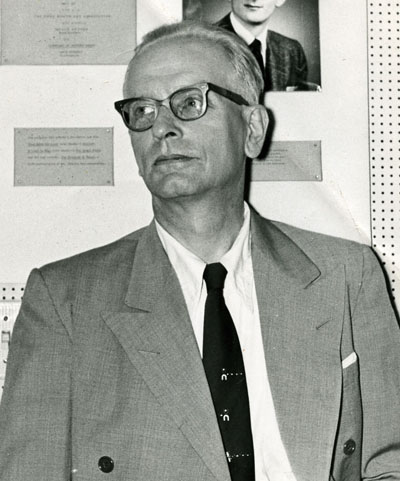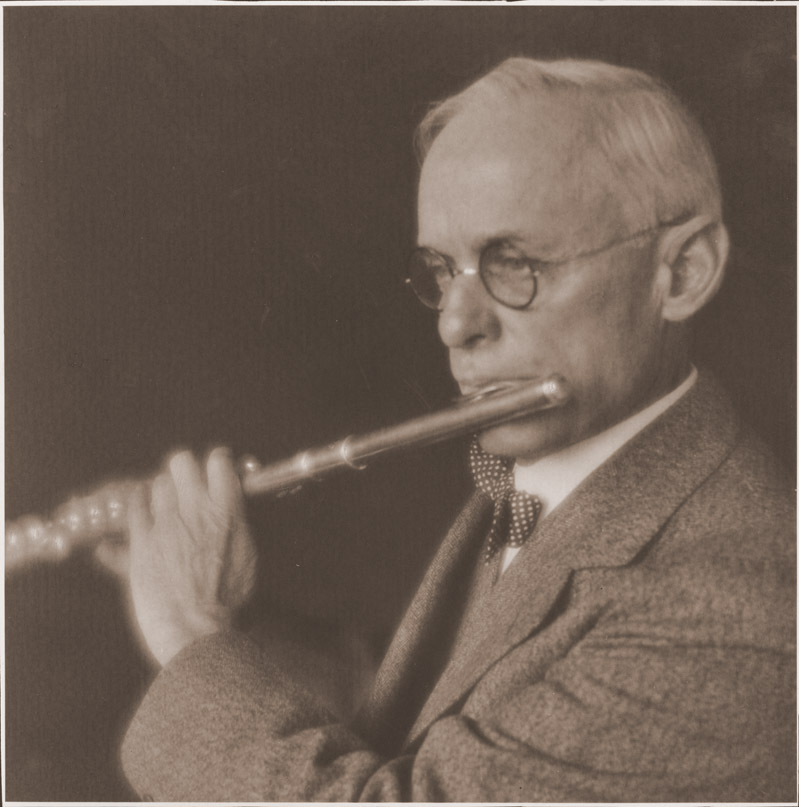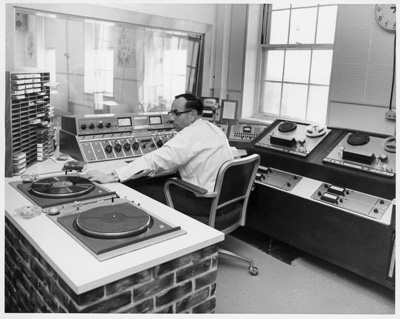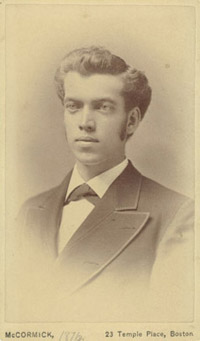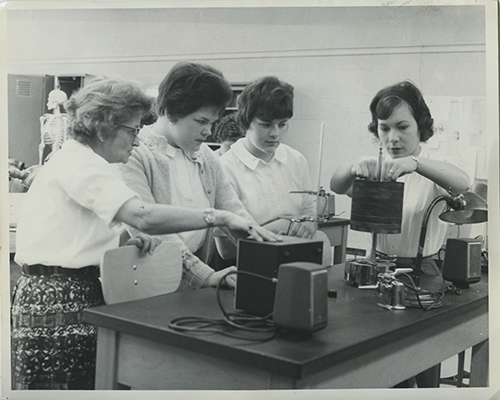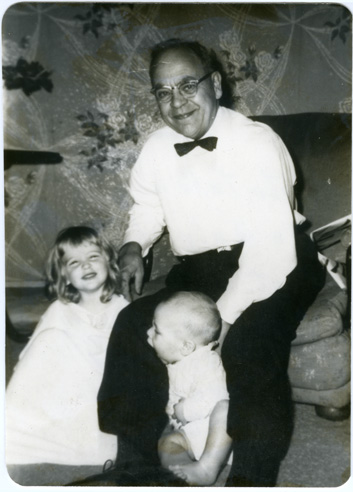William Gould Vinal Papers
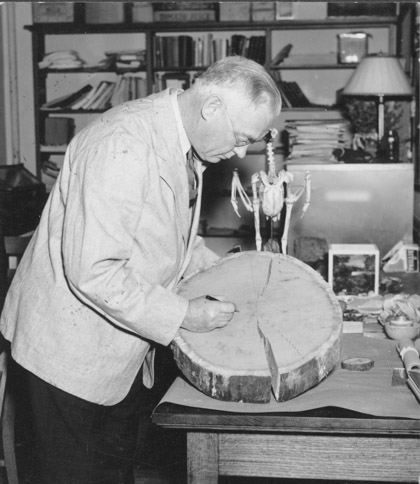
William “Cap’n Bill” Vinal was the first instructor in nature education at Massachusetts State College and a pioneer in the field. A graduate of Bridgewater State (1904), Harvard (MA 1907) and Brown (PhD, 1922), Vinal worked for several years as a camp director on his native Cape Cod and held a variety of university appointments in nature education before joining the faculty at Massachusetts State College as Professor of Nature Education in the Nature Guide School in 1937. Spontaneous in the classroom and field, enthusiastic, and highly popular with his students, Vinal taught courses in conservation, outdoor leadership, outdoor recreation, and nature guiding, and was an important figure in the Massachusetts Audubon Society, the American Camping Association, the Camp Directors Association, and several conservation groups. After retiring from UMass in 1951, Vinal returned to his home in Norwell, Mass., remaining active as a nature writer and teacher until his death in 1973.
A valuable glimpse into the early growth of nature and conservation education, the Vinal collection includes dozens of scarce publications by the exceptionally prolific Cap’n Bill, along with a small quantity of correspondence, talks, and reports. As a collection, these document the origin and growth of the Nature Guide School and the program in nature recreation at MSC and UMass, and more generally the growth of nature, recreation, and conservation education in New England. Of local interest is an extensive report for the town of Amherst Recreation Survey Committee (1948) regarding recreational opportunities for youth. Nearly half of the collection consists of an extensive run of Vinal’s quirky, self-published Nature Guide Newsletter (1935-1951).


